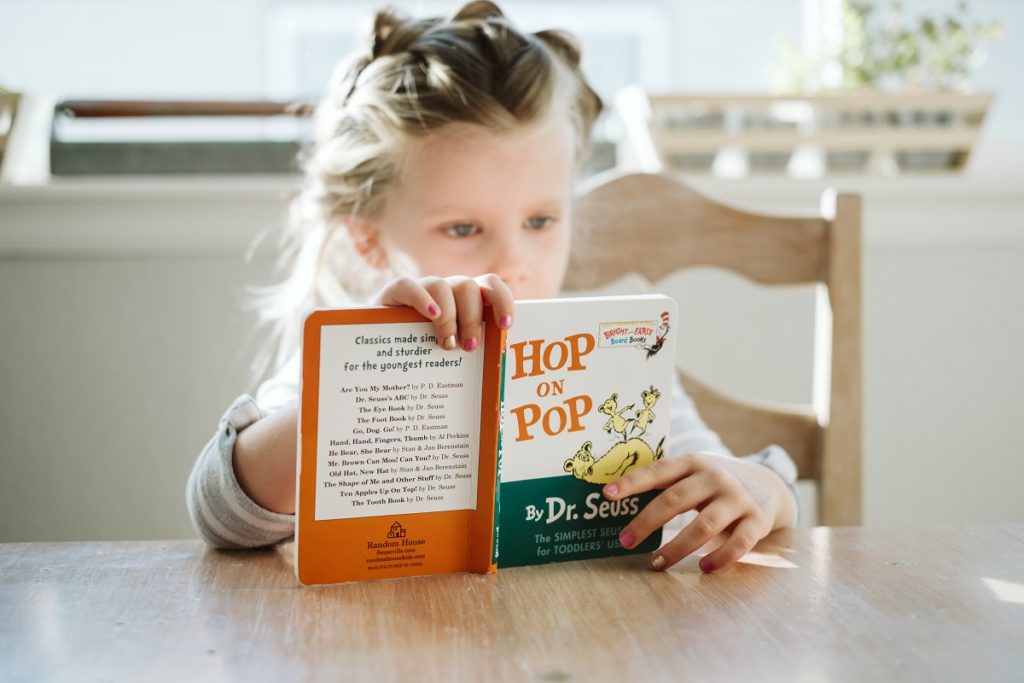Early Childhood Care and Education or ECCE, as defined by the United Nations Educational Scientific and Cultural Organization (UNESCO), focuses on the significant growth and development of children below eight years old. UNESCO states that ECCE aims to not only prepare children for primary school but also give them a more holistic social, emotional, cognitive and physical development. The organisation believes the early years are essential parts of a child’s growth, and as such, require more targeted attention.
Benefits of ECCE
According to Getting Smart, the focus on cognitive development during early childhood has economic benefits to the child and the whole nation. Investments made for ECCE could lead to more economically productive citizens in the future.
In their early years, children develop interests in different subject matters. ECCE can help cultivate these interests into more fruitful endeavours for the future. With healthy encouragement and the right guidance, success in these fields of interest will likely be achieved by the child.
ECCE better equips children with the tools they will need to succeed in the future. Through play and other apt educational activities, ECCE can help children develop a good foundation for vital 21st-century skills, such as technological literacy and social awareness. These skills are increasingly becoming important in the workforce and society.
Also, according to Pan World Education, more parent involvement in this stage will generally result in better-performing children. They found that these children grow up to be more responsible in their academic and professional careers. As such, parents need to be more proactive. They should work closely with teachers to ensure that their child continues to develop essential skills even when they’re at home.
Approaching ECCE

ECCE strategies are not created equal. Some methods tend to focus on one area and neglect others. Parents need to decide between a structured approach in educational institutions or a homeschooling strategy that they can facilitate themselves. Each has its own set of advantages and disadvantages.
UNESCO has its own approach to ECCE, as well. It patterned its strategies on the Sustainable Development Goals, which aims to ensure that children have access to quality early education to prepare them for primary schools.
Certain private institutions specialise in ECCE. In Singapore, some schools offer early childhood education. Their curricula pay close attention to the holistic development of children during this time, too.
Of course, the home will always play a pivotal role in ECCE, regardless of whether the child attends school. According to the Child Encyclopedia, a caring home will result in well-adjusted children and can lower the risk of behavioural issues in the future.
Conclusions
Early childhood is a stage where a special focus on social, emotional, cognitive and physical development can yield individual and general positive outcomes. Children who have been given the right environment that promotes holistic development grow up to be healthier and more productive members of society.
ECCE investment by parents, learning institutions and policymakers can lead to substantial gains for communities and nations as a whole. It also means that neglecting this precious time can end up costing everyone.

